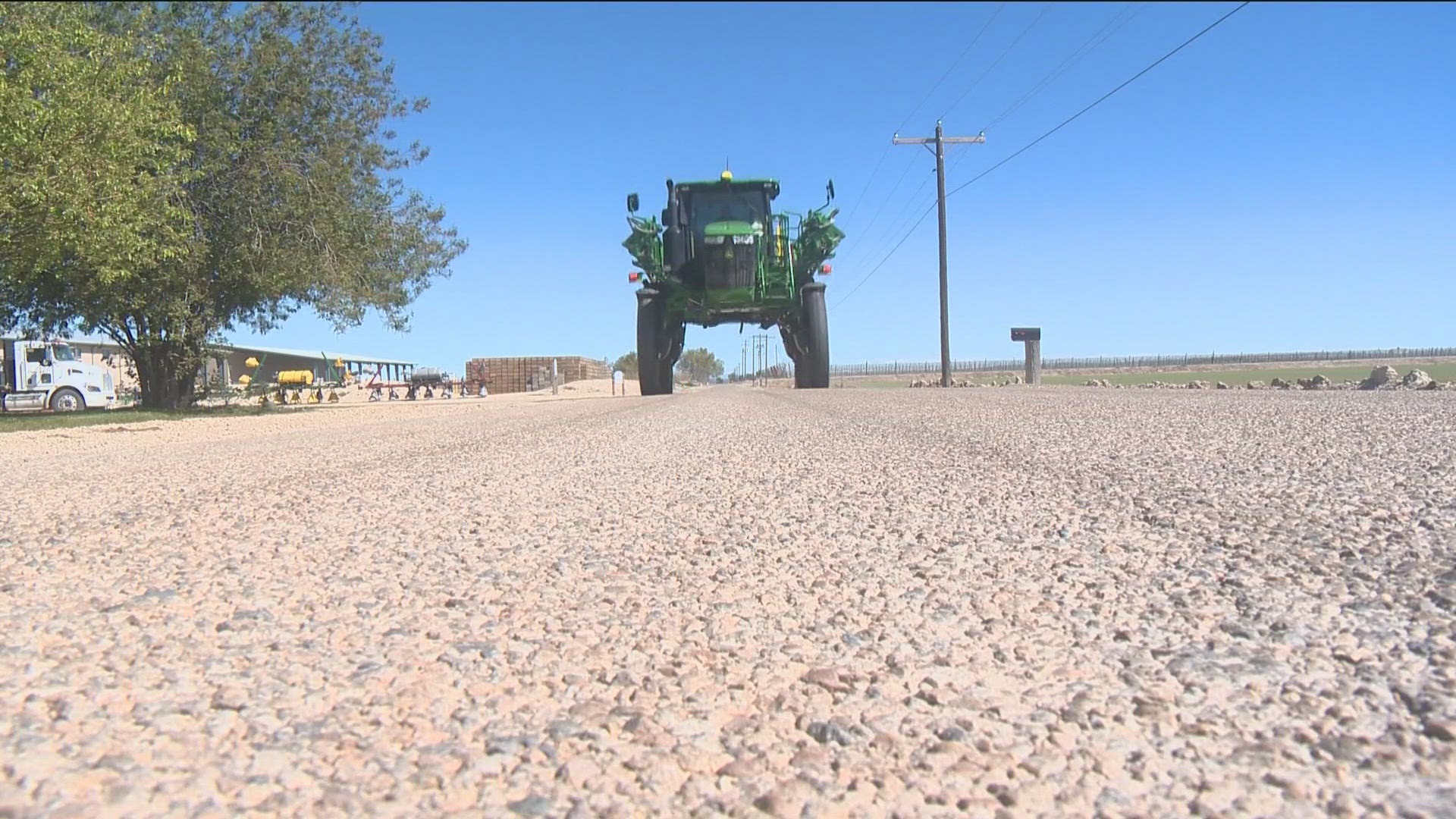A year after an Idaho boy was sickened and his dog killed by a cyanide "bomb," federal officials are investigating whether to ban the explosive poison devices used to kill thousands of coyotes and foxes annually.
The cyanide devices known as M-44s look like small sprinkler heads and are designed to spray a fatal dose of poison into the mouth of predators when they bite rotting meat placed atop them. Environmentalists have long opposed their use, arguing they indiscriminately kill and pose a danger to humans even when used properly.
To settle a lawsuit brought by several environmental groups, federal officials in February agreed to review their safety. Environmental groups argue the cyanide devices could accidentally kill endangered species.
"They're just too ecologically harmful and unsafe to allow," said Collette Adkins, an attorney for the Arizona-based Center for Biological Diversity. "Even just shooting the animal is better, from our perspective."
In February, a coalition of environmental groups, including the Center for Biological Diversity, forced the Department of Agriculture to ask the Environmental Protection Agency to investigate whether the devices should be banned.
The agreement gives the federal government until Dec. 31, 2021, to decide, and allows the continued use of the cyanide until then. The environmental groups, Adkins said, agreed to the long study period in hopes President Trump will be out of office and an administration more friendly to their views in his place at that time.
The devices are generally legal on federal lands, although Idaho, Colorado and northern California have restricted their use. In addition to federal workers, state wildlife officials in Wyoming, Montana, New Mexico, Texas and South Dakota are also permitted to use them. In all, they're used in 16 states, including Virginia and West Virginia.
The Idaho ban is a direct result of an incident a year ago in which a Pocatello, Idaho, teenager and his dog were blasted by an M-44 when the young man bent down to check out the unfamiliar device. The dog, a 3-year-old Labrador, died quickly and the teen suffered cyanide poisoning for weeks before recovering. The teen’s family sued the federal government over the incident, which also prompted the lawsuit from the environmental groups.
Farmers and ranchers generally support use of the M-44s, arguing they're an inexpensive way to reduce herd losses.
A 2015 federal survey concluded that predators, including foxes and coyotes, killed $32 million worth of sheep, $18 million worth of goats and nearly $60 million worth of cattle in a single year. A division of the Agriculture Department known as Wildlife Services most commonly uses the devices, although private landowners can also get certified to use them.
“It’s heartbreaking to watch your flock be decimated by predators. It’s not a quick and easy thing. It’s downright ugly," said Chase Adams, a spokesman for the American Sheep Industry Association, which supports the continued use of the M-44s.
Adams said flock losses for some ranchers hit 30% last year after federal officials temporarily banned the use of the devices while they investigated the Idaho case. Their use was reauthorized after wildlife officers were ordered to deploy them farther from populated areas, post more warning signs and better record their locations.
“The main thing I say about the M-44 is that it’s the most humane and targeted device to control problem predators," Adams said. “This is a tremendously valuable tool.”
Last year, Wildlife Services reported intentionally killing 12,119 coyotes with M-44s, along with four feral dogs, nearly 1,000 foxes and 12,000 cowbirds. Wildlife officers reported accidentally killing at least 12 feral dogs, 110 foxes, 21 opossums, 48 raccoons, two ravens, two feral pigs, a handful of skunks and at least one pet dog.
Wildlife Services officials did not respond to repeated requests for comment by USA TODAY.
In responding to the environmental groups' lawsuit, federal officials argued the devices are safe and effective, noting their studies showed less than 3% of animals killed by the traps were unintentional deaths.
The environmental groups argue that's still far too many and doesn't address the long-term challenges caused by human-predator conflicts.



